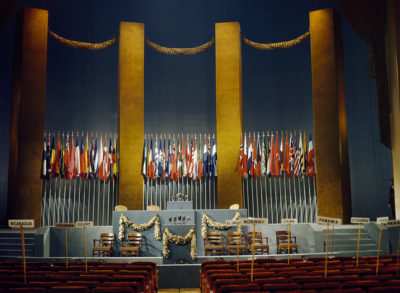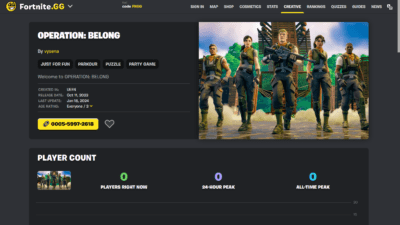Raising the age of recruitment: an open letter and a cautious welcome of the MoD review
ForcesWatch comment
ForcesWatch are among 24 signatories of an open letter to Mark Francois MP, Minister of State for the Armed Forces which calls for an end to the recruitment of under-18s. The signatories include the Church of Scotland, the Church in Wales, the Unitarian Church and Catholic, Baptist, Methodist and Quaker groups and Child Soldiers International. The letter notes that as the centenary of the outbreak of World War One approaches, the recruitment and deployment age of British soldiers is lower now than it was a century ago. The signatories call on the Ministry to raise the recruitment age to 18 as a “fitting memorial” to the thousands of young soldiers killed in World War One.
ForcesWatch welcomes the statement by the Government that it “agrees that the Armed Forces should undertake a cost-benefit analysis of the recruitment of U18s and work has been set in hand with the Army to look at this.” This review was announced in the Government’s response to the Defence committee report The Armed Forces Covenant in Action? Part 4: Education of Service Personnel, published on 23 October 2013. The Defence Select Committee had asked the Department why the Army was “so dependent on recruiting personnel under the age of 18 years compared with the other two Services”.
This is not the first time that Parliamentary committees have recommended a review of the recruitment of under-18s. In 2005, the Defence Select Committee’s Duty of Care report recommended a review; in 2009, the Joint Committee on Human Rights’ Children’s Rights report recommended a review. In 2008 the UN Committee on the Rights of the Child called on the MoD to review the minimum recruitment age with a view to raising it to 18 years. None of these recommendations received a substantive response from the Ministry of Defence.
It is likely that high drop-out rates, the high cost of recruiting those under 18, falling numbers of under-18 recruits and public criticism of the recruitment age have all contributed to the decision to review the policy now.
While we welcome the government’s long overdue decision to conduct a review of this policy we are concerned that it be as independent and transparent as possible and cover all the issues affecting the welfare of young recruits within the armed forces. It should not be limited to an analysis of the financial costs to the MoD.
However, there seems to be some confusion within the MoD about whether a review will take place at all. They continue to maintain that “There are currently no plans to revisit the Government’s recruitment policy for under-18s which is fully compliant with the United Nations Convention on the Rights of the Child.”
ForcesWatch have been working to raise concerns about the recruitment of young people under 18: On 28 October we published The Last Ambush? Aspects of mental health in the British armed forces which revealed how rates of mental health problems differ among groups within the armed forces and that those who had been recruited youngest are significantly more likely to suffer serious mental health problems than those recruited as adults. One Step Forward: The case for ending recruitment of minors by the British armed forces, published earlier this year by Child Soldiers International and ForcesWatch, found that the longer duration of training for minors and their greater likelihood of dropping out makes recruiting under-18s extremely costly to the taxpayer. It also sets out the numerous ethical and legal concerns related to the recruitment of minors, including the disproportionately high level of risk they face and long-term consequences for their employability. Young age at Army enlistment is associated with greater war zone risks: An analysis of British Army fatalities in Afghanistan, also published by Child Soldiers International and ForcesWatch, demonstrated that those who enlisted into the Army at 16 and completed training have double the risk of fatality in Afghanistan, partly because they are more likely than older recruits to join the front-line Infantry.
A nationwide poll earlier this year found that 70 per cent of respondents who expressed a view thought the recruitment age should be raised to 18 or above. The review could lead to the end of a policy that leaves the UK with the lowest legal recruitment age in the world.
Our concern is shared by many others – the signatories of the letter and the majority of the public. It is time for a full review of the policy and a change in the law that will put the UK in line with international standards which accept that the armed forces are no place for teenagers.
See more: recruitment age, risks, war commemoration,
Like what you read?
> Sign up for our newsletter or blog notifications
> Support our work – from just £2 a month










